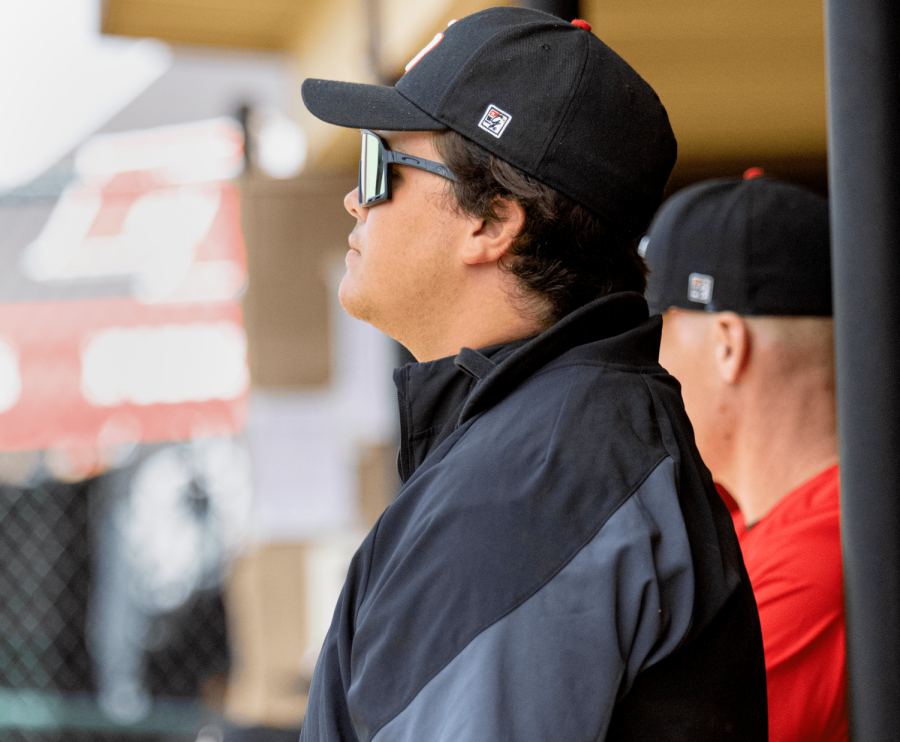The trial, verdict and recent sentencing of Johannes Mehserle for the New Years’ Day 2009 shooting of Oscar Grant were bound to disappoint some.
The shooting of the unarmed Grant by the former BART policeofficer was a tragedy that evoked bitter memories of police brutality, inflamed emotions regarding the perceived injustice of our criminal justice system, and had the City of Oakland on edge, fearful of a 1992 Los Angeles Riots Redux.
We knew this wasn’t going to be easy.
We know some will be angered and disappointed at what they perceive as a failure on part of the system. We know some feel a two years’ sentence, minus time served, is too lenient. We must remember, however, that a jury of 12 reasonable people considered the evidence presented to them and concluded Oscar Grant’s death was a case of involuntary manslaughter—that Johannes Mehserle, without intent to kill, was criminally negligent and responsible for taking the young man’s life.
No doubt Grant’s family, friends and supporters are distraught and feeling betrayed by the criminal justice system. Their response is one of anguish and raw emotion. Separating that emotion from this case is almost impossible—emotions and rationality are often diametrically
opposed. That’s intrinsic to the human experience.
Accepting that requires an honest look at both men and their actions that night. The assertion of the prosecution that Mehserle’s actions amounted to murder did not sway the jury. Judge Robert Perry noted that, had the jury reached a second-degree murder conviction (the harshest charge), he would have thrown it out because it was clear to him that the killing was not intentional.
We agree. Mehserle, although inexperienced, was a trained law enforcement officer, and it seems implausible that—whatever Grant and his friends may have said or done to provoke the officers on the Fruitvale BART platform—he would intentionally shoot an unarmed man in front of some 200-plus witnesses.
Testimony from passengers and the other officers, as well as Grant’s friends, describe Mehserle’s reaction to the shooting as one of shock and disbelief. This is not to say that remorse for killing Grant exonerates Mehserle or renders his actions excusable. Certainly, as a trained officer sworn to protect and serve the public, we expect a standard of competence when police uphold their duty and exercise authority. Mehserle failed to demonstrate such competence.
Everything we’ve learned about that fateful New Years’ night indicates the situation was chaotic. Witnesses reported in the preliminary trial that the aggressive response of the BART officers was disproportionate to the behavior of Grant and his friends, and suggested that the officers exaggerated the threat to justify their physical response—this only served to make the crowd more hostile and the atmosphere more volatile.
Given those circumstances, it seems plausible that Mehserle, with only two years on the force, was overwhelmed by the situation and made a tragic error in the line of duty. It helps to illustrate that police officers are human, and prone to error.
Emotions may be even harder to separate from the race factor. The killing of an unarmed black man by a white police officer evokes not-so-distant memories of police brutality and suppression of any organized dissent, and alleged assassinations carried out by local and federal law enforcement.
We won’t deny that such unfair and unjust actions took place in our past, and that those actions were blatantly racist—nor will we declare that such improper conduct has been eradicated entirely from our society.
However, we must keep in mind that no matter our frustrations with the system, and our perceptions of how fairness and justice are determined within that system, we cannot use the mistakes of one police officer as an indictment of all law enforcement—
especially within the Mehserle case, where any evidence of racial bias or prejudice on the part of the officer was never alleged in trial.
What seems to be overlooked is the fact that never before in the state of California had a police officer been charged with homicide for an on-duty killing. John Burris, the Grant family’s attorney, acknowledged that in his over 30 years of practicing law, “never [has he] ever had a case when a police officer was convicted of any crime against an African-American male.”
To be sure, this is little solace to the Grant family and their supporters, but its significance should not be ignored.
Much has been made over the perceived brevity of Mehserle’s sentence, which at two years, minus time served amounts to a remaining seven months before eligibility for parole. The maximum sentence for involuntary manslaughter is four years.
We can understand the sentiment for locking up Mehserle for the maximum four-year sentence, considering he was guilty of taking a man’s life. But does Mehserle pose a threat to society or a danger to the public?
We think not—he most certainly will never work in law enforcement again.
And when we look upon Johannes Mehserle as a human being—rather than a “racist killer cop,” as protest signs profess—we must remind ourselves that regardless of his sentence, he will live every day of the rest of his life with the knowledge that he took another man’s life.
Living with that burden is surely its own special kind of hell.
But we must not forget Oscar Grant, a father, son and friend whose life was tragically cut short by human error.
Grant certainly did not deserve to die, and in those early morning hours of Jan, 1, 2009, he certainly could not have imagined his visage would grace countless murals on walls throughout the East Bay, a symbol of, well, whatever one makes him to be.
There was almost no way this was going to end satisfactorily.
We just hope that no matter what one’s take on this tragedy, we can go about expressing our opinions peacefully and responsibly.
“[W]e refuse to believe that the bank of justice is bankrupt,” declared Dr. Martin Luther King Jr. in his immortal 1963 “I Have A Dream” speech. “We refuse to believe that there are insufficient funds in the great vaults of opportunity of this nation.”
Forty-seven years later, and in the wake of the most racially divisive issue California has seen since the acquittal of the four officers involved in Rodney King beating, we stand with Dr. King. We believe in our legal process, and we believe that meting out justice fairly and impartially is paramount—even as we acknowledge that we won’t be able to please everyone, all the time.











